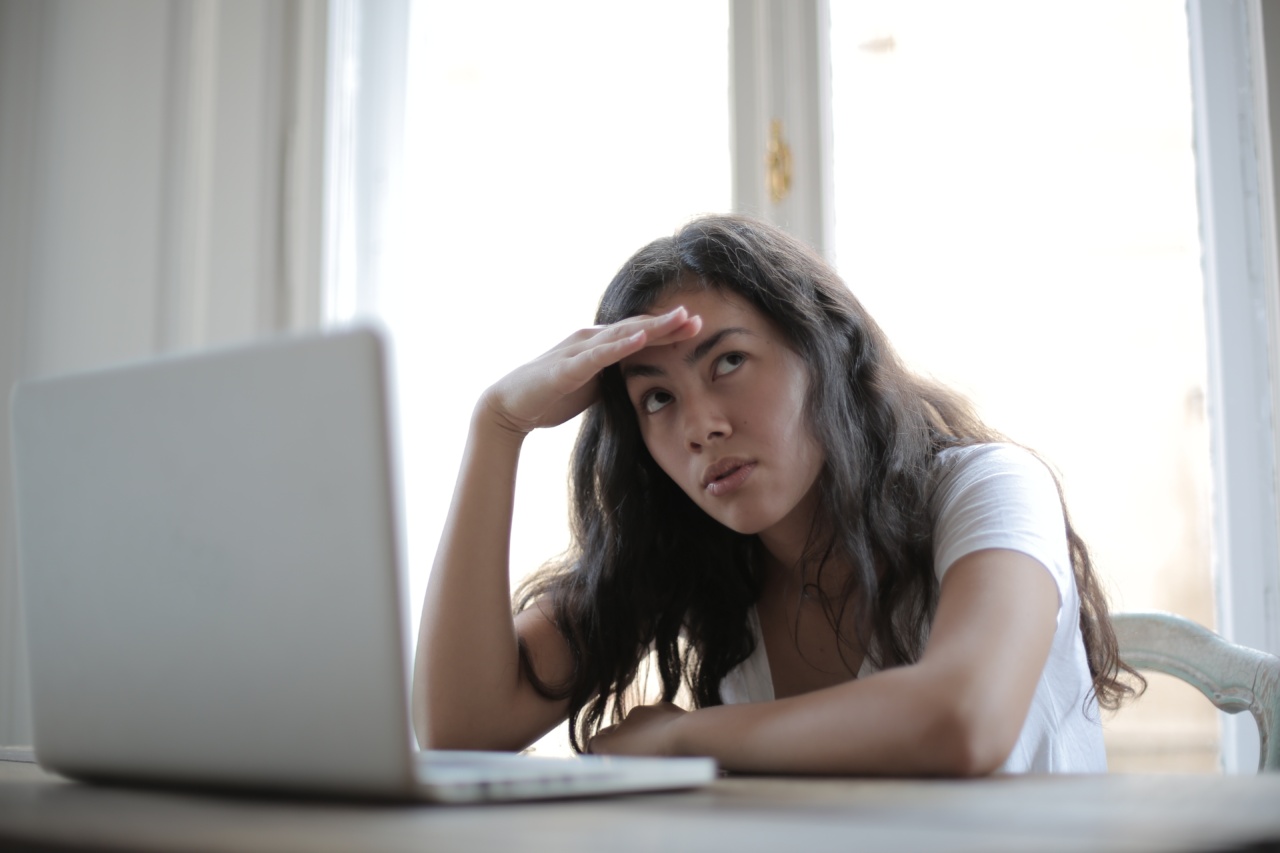Coffee is one of the most consumed beverages in the world. It’s enjoyed as a morning pick-me-up, an energy booster during long workdays, and a warm beverage to enjoy during gatherings with friends and family.
However, sometimes drinking coffee can leave you feeling tired rather than energized. In this article, we’ll explore the science behind why coffee sometimes makes you tired.
What is coffee?
Coffee is made from roasted coffee beans and contains caffeine, a natural stimulant that affects the central nervous system and alters brain function.
When you drink coffee, caffeine is quickly absorbed into your bloodstream and makes its way to your brain. Once there, caffeine blocks the action of adenosine, a neurotransmitter that promotes sleep and suppresses arousal.
How does caffeine work?
Caffeine is a methylxanthine, a class of chemical compounds that includes theobromine and theophylline. These compounds are naturally occurring in plants and have similar effects on the human body.
Caffeine works by blocking adenosine receptors in the brain, which leads to an increase in the activity of the neurotransmitters dopamine and norepinephrine.
Dopamine is a chemical that produces feelings of pleasure and reward in the brain. It’s associated with motivation, focus, and attention. Norepinephrine is a hormone that’s released by the adrenal glands in response to stress.
It increases heart rate, blood pressure, and blood sugar levels, leading to a temporary energy boost.
Caffeine also stimulates the release of other neurotransmitters, including acetylcholine and serotonin. These neurotransmitters affect various systems in the body, such as the digestive system, the respiratory system, and the immune system.
Why does coffee sometimes make you tired?
While drinking coffee can provide a temporary energy boost, it can also cause a crash later on. This crash is often referred to as caffeine crash or caffeine withdrawal.
The symptoms of caffeine crash can include fatigue, drowsiness, irritability, and headaches.
One reason why coffee can make you tired is that caffeine can interfere with your sleep. Caffeine has a half-life of about 5-6 hours, which means that it takes that long for half of the caffeine you consumed to be eliminated from your body.
If you drink coffee in the afternoon or evening, the caffeine can interfere with your sleep and leave you feeling tired the next day.
Another reason why coffee can make you tired is that it can cause dehydration. Caffeine is a diuretic, which means that it increases the production of urine and can lead to dehydration if you don’t drink enough fluids.
Dehydration can cause fatigue, headaches, and dizziness, which can make you feel tired and lethargic.
Additionally, drinking too much coffee can lead to tolerance and dependence. When you consume caffeine regularly, your body becomes used to it and requires more of it to achieve the same effects.
If you suddenly stop consuming caffeine, you may experience withdrawal symptoms, such as fatigue, headaches, and irritability.
How can you avoid feeling tired after drinking coffee?
If you want to enjoy the energy-boosting benefits of coffee without feeling tired later on, there are a few things you can do:.
- Limit your caffeine intake: Drinking too much coffee can lead to tolerance and dependence, so it’s important to limit your caffeine intake to a moderate amount. The recommended daily limit is 400 milligrams of caffeine, which is equivalent to about 4 cups of coffee.
- Drink water: To avoid dehydration, it’s important to drink enough fluids throughout the day. Drinking water can help you stay hydrated and avoid the fatigue and headaches that can come with dehydration.
- Avoid drinking coffee late in the day: To avoid interfering with your sleep, it’s best to avoid drinking coffee in the late afternoon or evening. If you need a caffeine boost later on, try drinking tea or a non-caffeinated beverage.
- Take breaks: If you consume caffeine regularly, it’s important to take breaks and allow your body to detoxify. Taking a break from caffeine can help you reset your tolerance and prevent dependence.
Conclusion
Coffee is a popular beverage that’s enjoyed by millions of people around the world. While it can provide an energy boost and improve mental focus and alertness, it can also cause tiredness, dehydration, and withdrawal symptoms.
By drinking coffee in moderation, staying hydrated, avoiding drinking coffee late in the day, and taking breaks, you can enjoy the benefits of coffee without the negative side effects.































